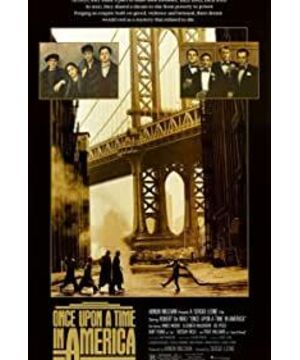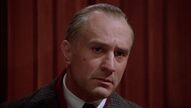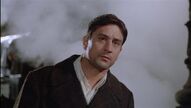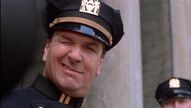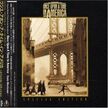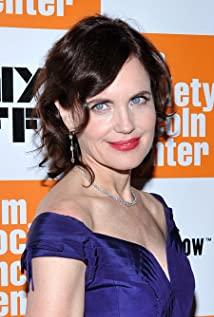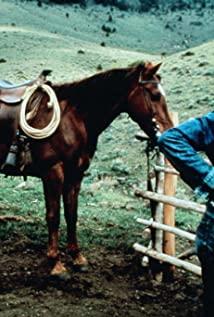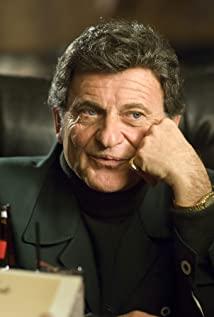Once Upon a Time in America Deep and complex themes
-
Winfield 2022-04-24 07:01:02
What's so good about this movie? Where is the past? What else is there except love? Where is the friendship between Noodles and Max? Why are so many hidden stories in film reviews so high if not everyone can see it? I admit that the characterization of teenagers is really wonderful, but you have 4 hours, why can't you tell the story? If it is really regarded as a classic because of the difference between men and women, then the difference is really such a big one.
-
Winona 2021-10-20 19:01:54
Whenever the protagonist is alone and the music is played, he has a kind of detached perspective. This reminds me of the beginning of "A Hundred Years of Solitude" and "The Story of Your Life". It seems that every fragment can reflect the entire life.
Once Upon a Time in America quotes
-
[In 1968, Noodles notices a picture]
Noodles: What is this?
Carol: Opening night. Fifteen years ago.
Noodles: [pointing at a familiar person in the picture] Who's this?
Carol: Patron saint of the place. Some actress.
Noodles: Do you know her?
Carol: No.
[the woman is unquestionably and without a doubt Deborah]
-
Patrick 'Patsy' Goldberg: You know what? You know, I wish I was switched when I was a kid.
Noodles: What makes you think you weren't?


